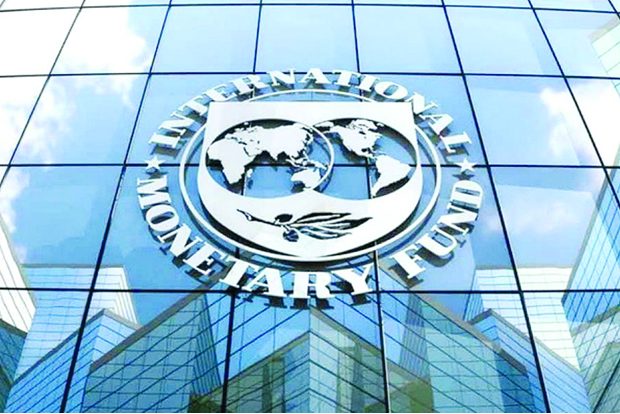The International Monetary Fund (IMF) has urged Nigeria to take swift steps to exit the Financial Action Task Force (FATF) grey list. This appeal came as the IMF acknowledged the country’s recent economic reforms, which have helped reduce inflation and stabilize the foreign exchange market.
In its latest Article IV Consultation report, the IMF praised Nigeria’s progress. It noted that the government has restored financial discipline and credibility through decisive policy changes.
Nigeria was added to the FATF grey list in February 2023. This list includes countries under increased monitoring due to weaknesses in their anti-money laundering and counter-terrorism financing systems.
The IMF recognized Nigeria’s efforts to strengthen its AML/CFT (Anti-Money Laundering/Combating the Financing of Terrorism) framework. However, it stressed the need to address the remaining issues fully to leave the grey list.
Despite recent progress, the IMF highlighted several ongoing challenges. These include inflation, infrastructure deficits, insecurity, and fiscal slippages. Without strong action, these issues could threaten the progress made so far.
The IMF also emphasized key areas for improvement. These include tackling insecurity, cutting red tape, boosting agriculture, improving electricity, and increasing spending on health and education. The Fund said these reforms are vital for making Nigeria’s economy more resilient and inclusive.
One of the report’s highlights was the restoration of the Central Bank of Nigeria’s independence. After years of heavy deficit financing, the Bank has significantly reduced its use of the “Ways and Means” facility. As of April 2025, these advances have dropped by nearly 90%, a move the IMF described as a major step toward proper inflation targeting.
Headline inflation, which once peaked above 40%, fell to 22.9% in May 2025. The IMF noted that the Central Bank is maintaining a tight monetary policy. It encouraged continued vigilance until inflation stabilizes.
The IMF also commended Nigeria’s foreign exchange reforms. The Central Bank, under Governor Olayemi Cardoso, replaced the multiple exchange rate regime with a “willing buyer, willing seller” model. This new system, supported by the B-Match trading platform, has improved transparency and liquidity.
According to the report, Nigeria’s gross and net reserves increased in 2024. A strong current account surplus and better portfolio inflows have also helped. The gap between official and parallel market exchange rates dropped from over 60% to less than 3%. FX inflows reached $6.9 billion in Q1 2025, and reserves rose to $40.9 billion by the end of 2024—enough to cover over eight months of imports.
The IMF also acknowledged reforms in the banking sector. It welcomed the ongoing recapitalization plan, which requires banks to raise their minimum capital by March 2026. This move aims to strengthen the banking system, expand credit access, and support Nigeria’s vision of becoming a $1 trillion economy.
In a statement, CBN Governor Olayemi Cardoso said the IMF’s report reflects the country’s commitment to long-term growth. He added that it confirms Nigeria is regaining economic credibility and laying a foundation for inclusive development.
The Minister of Finance and Coordinating Minister of the Economy, Wale Edun, also welcomed the report. He said the IMF’s recognition of recent progress shows that the government’s reforms are working. These improvements, he noted, have strengthened fiscal and external positions and boosted investor confidence.
The Finance Ministry also highlighted the recent growth in food production. According to official data, food inflation dropped to 21.4% in May 2025, helping to ease overall inflation pressure.
Despite global economic risks, Edun assured that the government remains proactive. The 2025 budget is focused on protecting reform gains and promoting economic stability.
He emphasized that Nigeria continues to monitor global oil prices and trade trends closely. Responsive policies are being developed to reduce potential risks and maintain momentum for inclusive growth.




